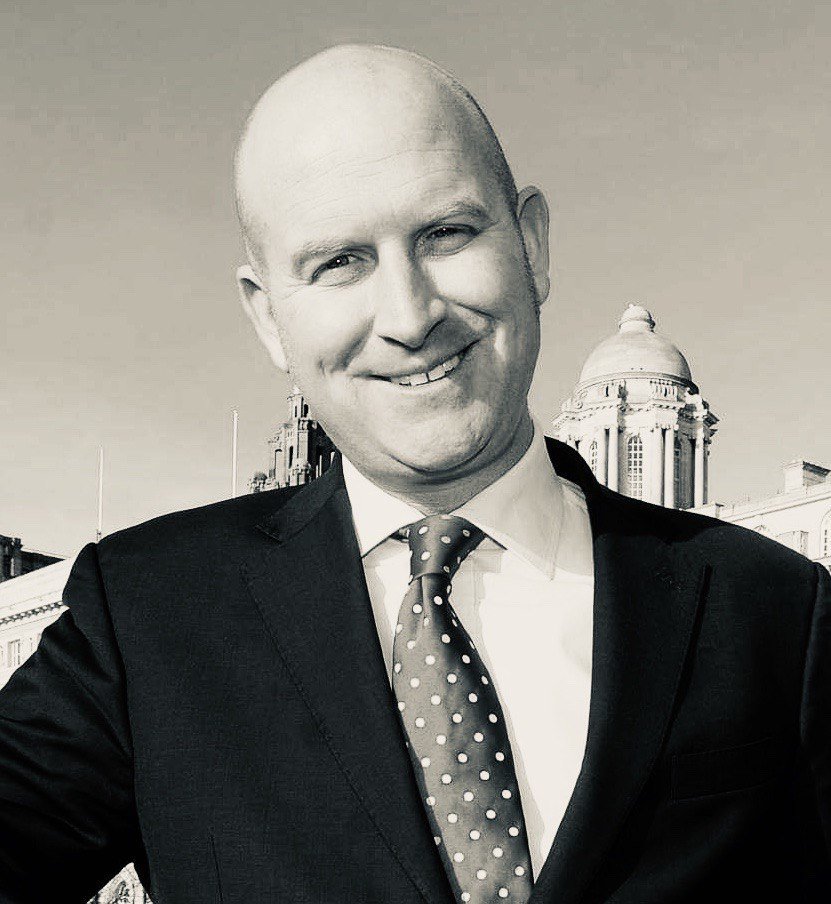Sweden is in political turmoil and it’s the Right who are likely to benefit. Europe should sit up and take notice
The Eurosceptic Swedish Democrats are gaining in influence, as seen by their role in triggering a no-confidence vote in parliament. Their rise shows how a far-right party can be reinvented, and could cause shockwaves in the EU.
This week, Stefan Löfven became the first Swedish prime minister in history to lose a vote of no confidence in the Riksdag, Sweden’s parliament. The vote was prompted by the government’s proposals to abolish rent controls and introduce free-market reforms. A broad alliance of centre-right and far-left parties opposed the scheme and Löfven, who heads a Social Democrat-Green coalition, lost the vote by 181 to 109, with 51 abstentions.
Löfven now has until next Monday to choose one of three options: he can resign and call a snap general election; he can try to negotiate a deal and keep his fragile coalition afloat; or he can lead a minority government.
Interestingly, the no-confidence vote was triggered by Jimmie Åkesson, the leader of the much-maligned Swedish Democrats. His party is often described as ‘far-right’ or as ‘anti-immigrant’ by the mainstream media. The origins of the Swedish Democrats, granted, are somewhat murky, with a number of fascist sympathisers fronting the party in the early days. However, they have been growing in size and stature over the past decade. In the 2018 general election, for example, they won 17.5% of the vote and returned 62 members of the Riksdag, making them Sweden’s third-largest party by a good margin.
Also on rt.com Swedish PM Lofven remains public’s top choice despite losing no-confidence voteNow, I have some experience dealing with the Swedish Democrats. Back in 2014, two of their new MEPs applied to join UKIP’s grouping in the European Parliament. I have to admit that, at first, I was reticent. I had read about their party’s far-right origins and was worried that we would be taking on extremists. However, on the contrary, I found that we had recruited hard-working and moderate politicians. Indeed, so moderate were they that by 2018 they were sitting with the British Conservative Party in the European Parliament.
I also got to know their leader, Jimmie Åkesson, personally. He is an impressive individual, taking over the leadership in 2005 at the age of 26. He has since gone about cleansing his party of its past, expelling those who made racist or extremist statements and taking it mainstream. Other Swedish political parties have seemingly taken note, with a deal agreed back in March that centre-right parties would work together to bring down Löfven’s left-wing coalition. It seems that this week they succeeded, albeit with Sweden’s former Communist Party.
If a snap general election is called as a result of Löfven’s fall, then the Swedish Democrats are expected to make further gains. At the moment, they are polling around 20% and have been for some time. If these polls hold up, and there is no suggestion that they will not, Åkesson will undoubtedly angle for a place in any future centre-right coalition government. Indeed, as the leader of the third-largest party, and potentially the second, it would be difficult to deny him a position.
In the past, other parties have refused to work with the Swedish Democrats on account of their origins, but as time has passed, and Åkesson’s reforms have taken hold, that commitment has softened. For example, they are now in coalition with centre-right parties in local councils. Indeed, Åkesson has urged the creation of a strong and broad “conservative bloc” and insists that the “old arguments for not talking to us no longer exist.”
Also on rt.com Swedish parliament ousts PM Lofven in no-confidence voteThe Swedish Democrats have dropped some of their more radical policies to appeal to the centre-right. A commitment to the death penalty was abandoned, for example. Also, their long-held pledge to hold a ‘Swexit’ referendum on membership of the European Union was dropped in 2019 in favour of root-and-branch EU reform. I guarantee, however, that they will be watching how the UK performs very closely, and do not be surprised if the policy is resurrected if post-Brexit Britain prospers.
The Swedish Democrats have now got themselves into a position where they are the potential kingmakers of Swedish politics. Any centre-right coalition will require not only their blessing, but most likely their membership. Åkesson will also undoubtedly drive a hard bargain. He will certainly demand a drastic reduction in immigration and policies that promote a Swedish cultural identity. Moreover, last month he supported Danish plans to erect asylum camps in Africa and called on Sweden to follow suit.
If there is not an immediate general election and Löfven hangs on to power, then one has to be held next year anyway. There is no sign, however, that the Swedish Democrats are a ‘flash in the pan’ movement and they are now a permanent fixture in Swedish politics. Indeed, they may well be in an even stronger position this time next year.
If the Swedish Democrats enter government anytime soon, it will have a knock-on-effect for the rest of Europe. Sweden will undoubtedly become more Eurosceptic and further integration will be vetoed, boosting other European politicians who oppose the idea of a European superstate.
It is easy for those in large countries to pass Sweden off as a small nation on the northern peripheries of Europe, but mark my words, what is happening there at the moment could have repercussions for the rest of the continent.
If you like this story, share it with a friend!
The statements, views and opinions expressed in this column are solely those of the author and do not necessarily represent those of RT.















